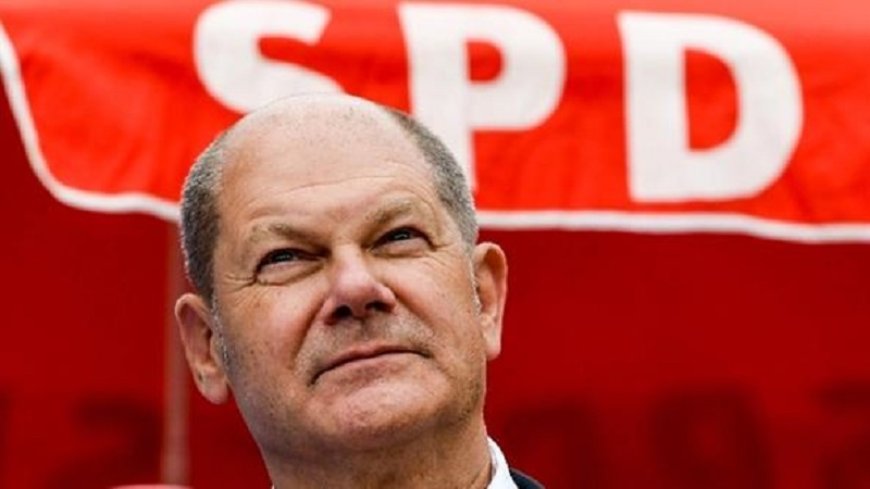Germany: SPD collapse in Berlin

Heavy defeat of the federal chancellor, Olaf Scholz, in another administrative election, collecting the worst result in Berlin, for the first time since 1999. The German Social Democratic Party (SPD) failed on Sunday in another administrative election, A repeat of the 2021 vote was held in the capital, marked by a long series of irregularities and effectively canceled by the German Constitutional Court. The SPD, together with the Greens and the Left party (Die Linke), could still remain in government in the capital, one of the three cities in Germany that is assigned the status of "Land" (federated state). However, the Christian Democrats (CDU) are now by far the leading party in Berlin and have already made it known that they want to quickly open exploratory talks to identify a possible government partner over the next five years.
There are exactly three percentage points lost by the SPD compared to two years ago. The retreat also means that this party will fall behind the CDU for the first time in more than two decades in the capital. The Christian Democrats, in opposition at the federal level, have gained about ten percentage points and are starting from a strong position in view of the negotiations for the formation of the government. With 28.2% of the vote, the CDU could obtain 48 seats out of 147 in the local parliament in Berlin, enough to govern with one between the SPD and the Greens.
Last November, the highest German court had ordered the repetition of the vote of September 2021. On that occasion a chaotic situation had arisen, with very long queues outside the polling stations and many cases in which the ballot papers were out of stock or delivered to the districts wrong. What had also created confusion was the decision to hold as many as four consultations simultaneously, moreover on the same day as the Berlin marathon which had multiplied the logistical problems. The sensational annulment of the vote was only the second case of its kind in Germany in the post-war period. The only precedent dates back to 1991 in the "city-Land" of Hamburg, also in that case due to widespread irregularities.
There are evidently local issues to justify the defeat of the Social Democrats in the German capital. The high cost of living, a rapidly worsening housing crisis and the poor state of transport and public services are some of the issues that determined the outcome of the vote, as did the episodes of violence recorded on the night of New Year's. The Christian Democrat mayoral candidate gave a disturbing characterization of conditions in Berlin, albeit undoubtedly and at least in part for electoral reasons, defining the capital as "a city of homeless and poor children".
However, clear signs of impatience with Chancellor Scholz's federal government emerge from Sunday's vote. The difficulties of the economy and the soaring levels of inflation are being felt throughout the country and there is no doubt that the choices of the Scholz cabinet deriving from the decision to participate fully in the orderly anti-Russian offensive are under accusation from the United States. The federal government's self-defeating policies also came under further scrutiny in the days leading up to the elections in Berlin, namely after the publication of Seymour Hersh's investigation into the destruction of the Nord Stream pipeline, engineered by the Biden administration and in fact endorsed by the chancellor himself.













































